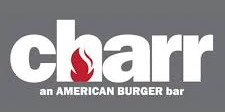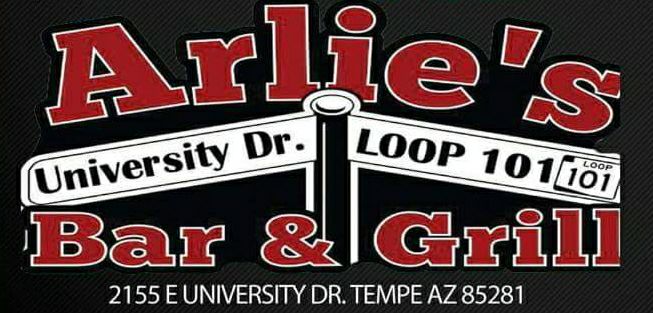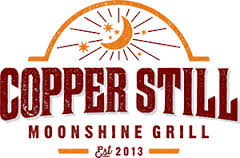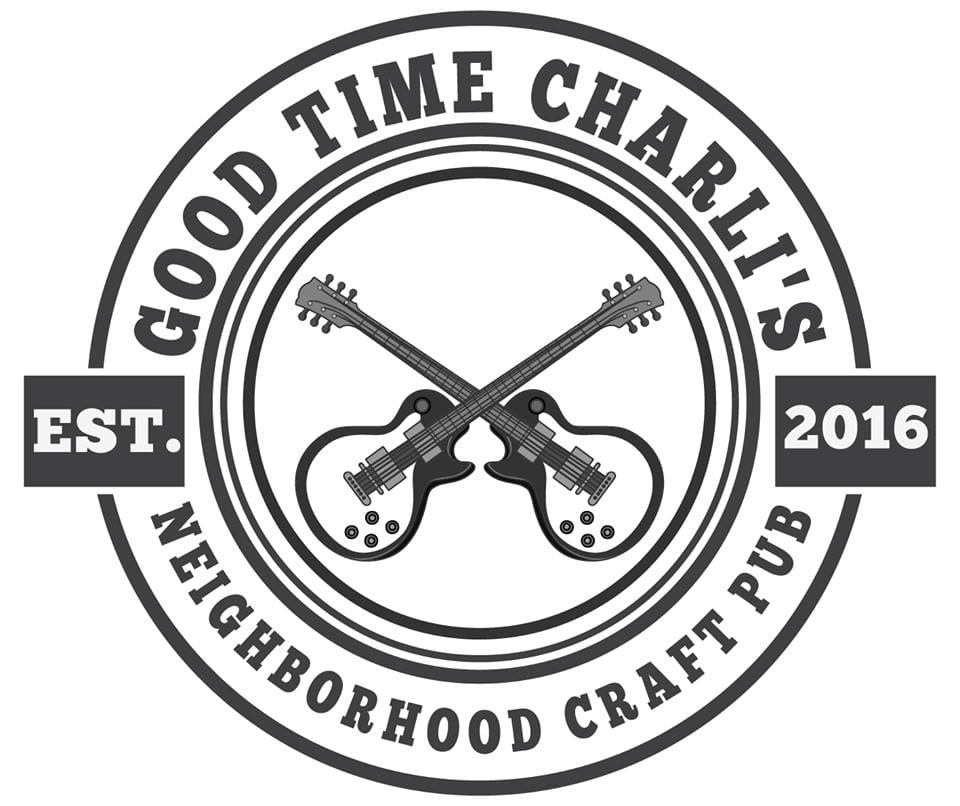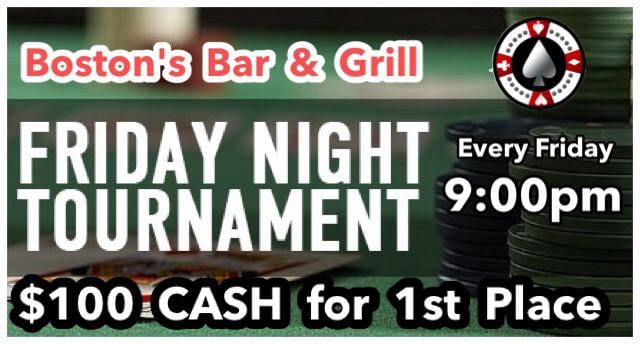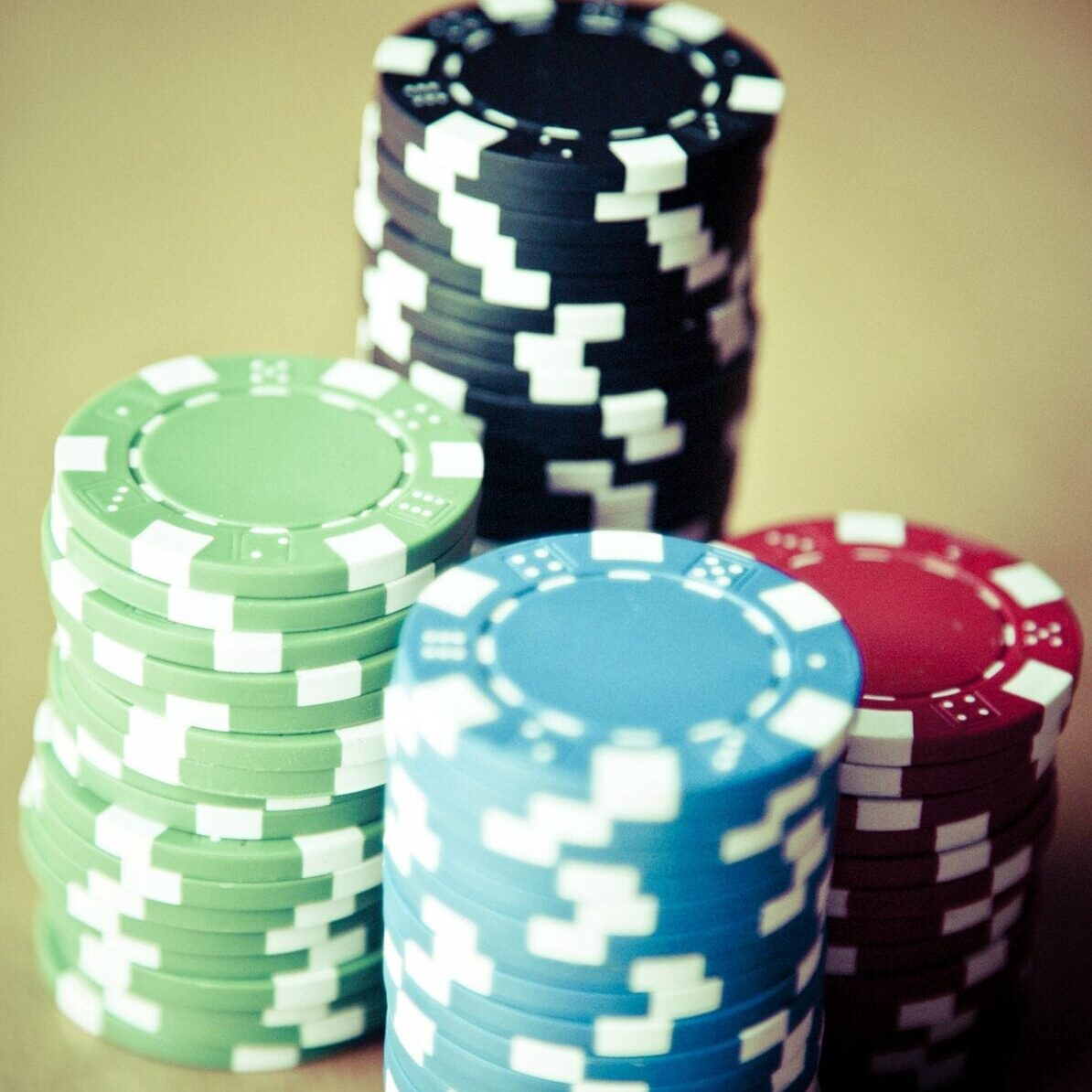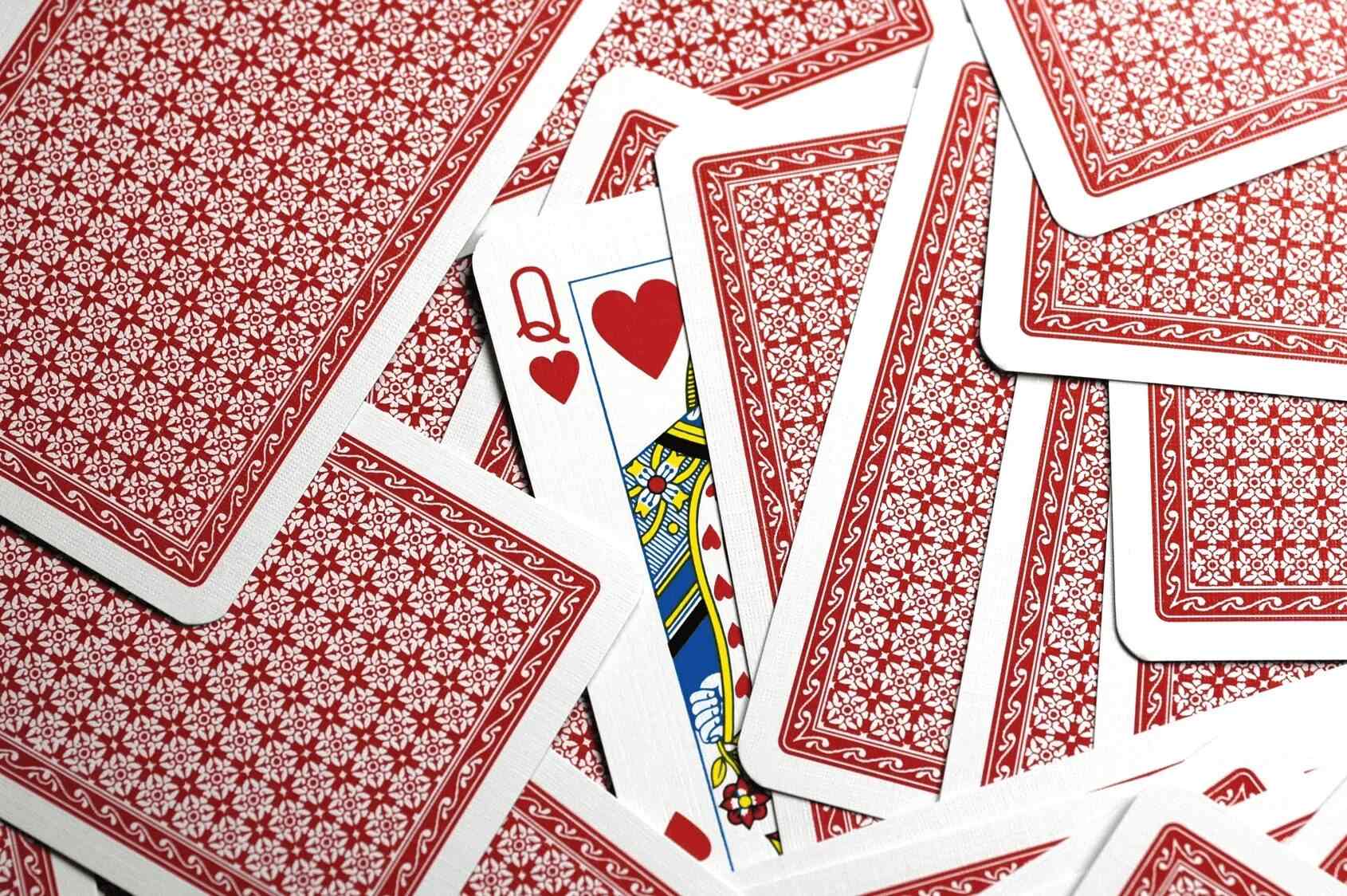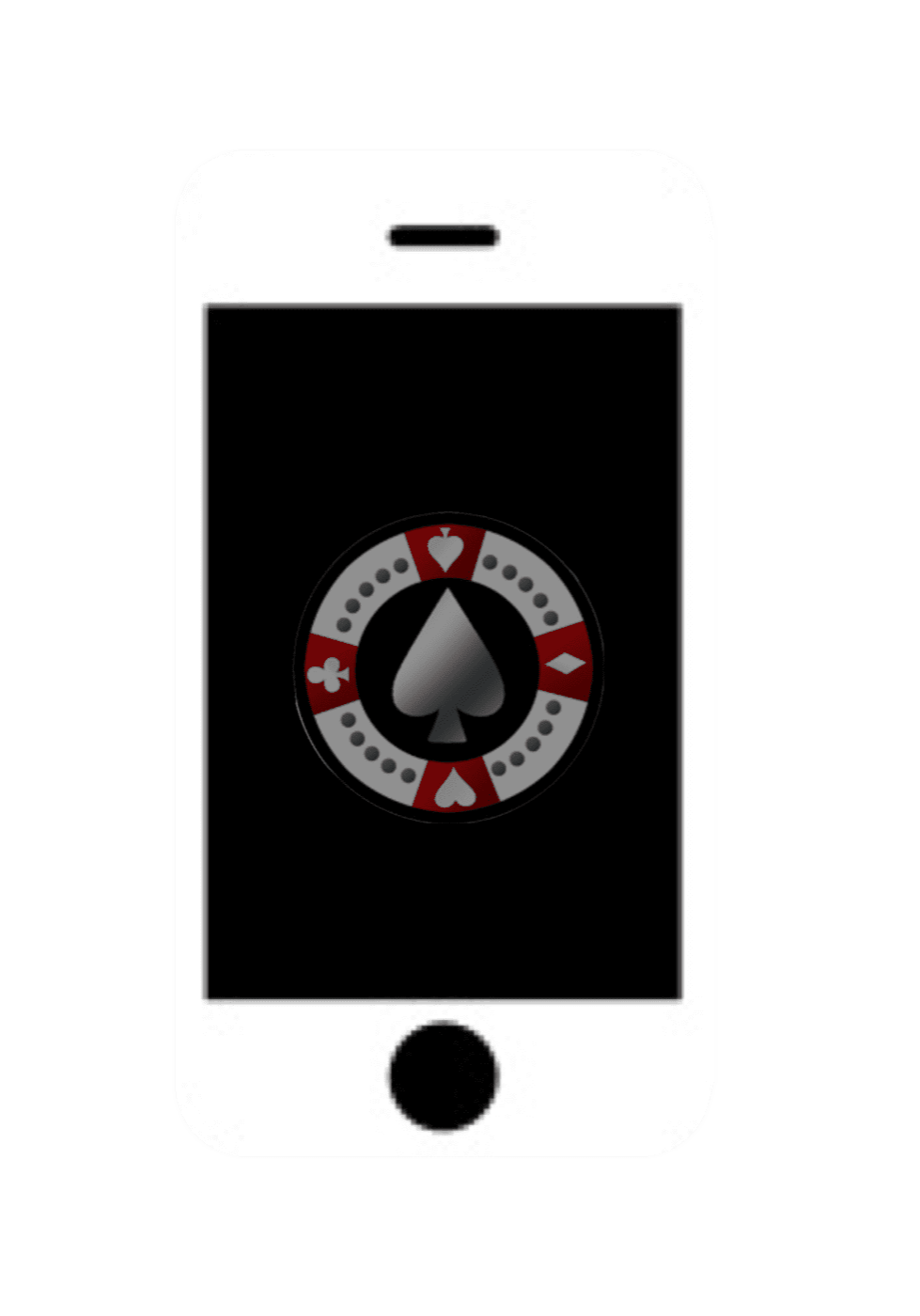
Upcoming Events:
WE ARE BACK!!
CURRENT LOCATIONS:
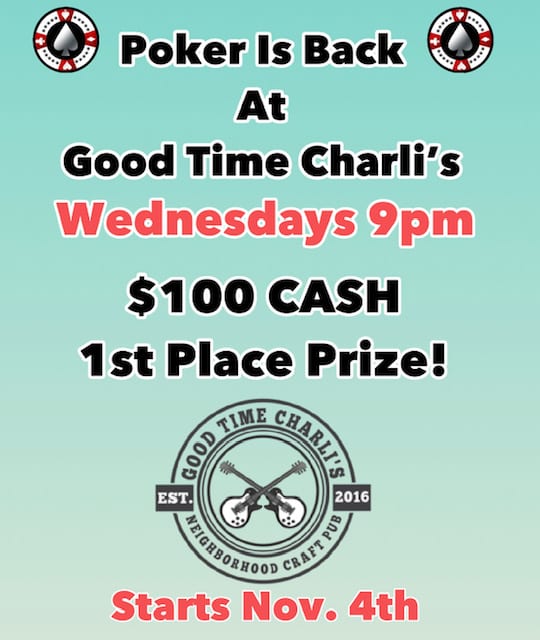
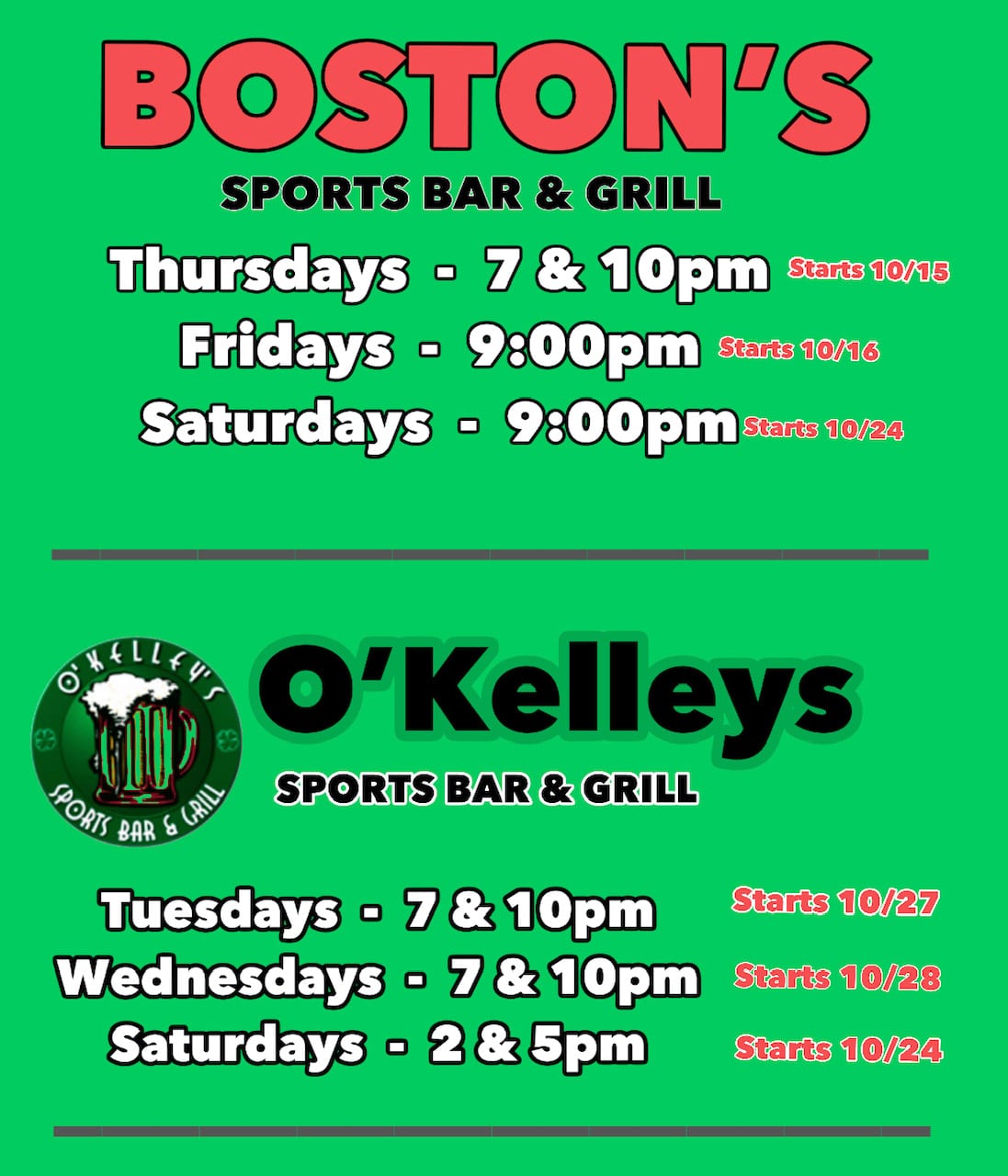
O'Kelly's Starts Saturday 10/24/20
Boston's Starts Thursday 10/15/20 & Fridays 10/16/20.
They Will Start Saturdays on 10/24/20
**Due to the current pandemic we are unable to host a large tournament like the Top 200.
Therefore the Top 200 Tournament will be held in January.
All points will be combined for the year into one session.**
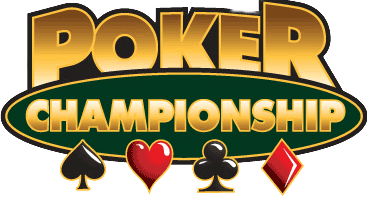
All-In Entertainment City Championship
$1100 Seat For 1st place
Where: The Bench in Tempe
When: Saturday January 9th, 2021 at 1pm
Who: The Top 200 players on the Leaderboard (25 alternates).
Prize: $1,100 Seat to the AZ State Poker Championship
Other cash prizes for 2nd - 8th
Bonus Chips:
Based on your Leaderboard Standings
1st - 10th get 1500 extra starting chips
11th - 50th get 1000 extra starting chips
51st - 100th get 500 extra starting chips
LAST DAY FOR POINTS IS 12/31/20
Tempe Venue:
The Bench
BILLIARDS - BAR - GRILL
Now on Saturdays!
3:30 & 6:30pm
Also:
Sundays 2, 5, & 9pm
Mondays 6:30 & 9:30pm
Thursdays 9:00pm
Fridays 6:30pm
(S/E corner of McClintock & Baseline)
CASH for 1st Place
Text the word:
ACES
To: (760) 670-3130
To receive updates and invites to our special events
- Floor People
Floor people are to consider the best interest of the game and fairness as the top priority in the decision-making process. Unusual circumstances can on occasion dictate that decisions in the interest of fairness take priority over the technical rules. The floor person's decision is final. - Official Language
The English-only rule will be enforced in the United States during the play of hands. English will be used in international play along with the local or native language. - Communication
Players may not talk on the phone while at the poker table. House rules apply to all other forms of electronic devices.
- Random Seats
Tournament and satellite seats will be randomly assigned. Accommodations for players with special physical needs will be made when possible. - Breaking Tables
Players going from a broken table to fill in seats assume the rights and responsibilities of the position. They can get the big blind, the small blind, or the button. The only place they cannot get a hand is between the small blind and the button. - Balancing Tables
In flop and mixed games when balancing tables, players will be moved from the big blind to the worst position, including taking a single big blind when available, even if that means the seat will have the big blind twice. Worst position is never the small blind. The table from which a player is moved will be as specified by a predetermined procedure. In stud-only games, players will be moved by position (the last seat to open up at the short table is the seat to be filled). Play will halt on any table that is three or more players short. - Number of Players at Final Table
In flop games, the final table will consist of ten (10) players. In stud-type games, the final table will consist of nine (9) players.
- Declarations
Cards speak. Verbal declarations as to the content of a player's hand are not binding; however, any player deliberately miscalling his or her hand may be penalized. - Face Up
All cards will be turned face up once a player is all-in and all betting action is complete. - Killing Winning Hand
Dealers cannot kill a winning hand that was tabled and was obviously the winning hand. Players are encouraged to assist in reading tabled hands if it appears that an error is about to be made. - Showdown
At the end of last round of betting, the player who made the last aggressive action in that betting round must show first. If there was no bet, the player to the left of the button shows first and so on clockwise. In stud games, the player with the high board must show first. In razz, the lowest board shows first. - Odd Chips
The odd chip will go to the high hand. In flop games when there are two or more high hands or two or more low hands, the odd chip(s) will go to the left of the button. In stud games, the odd chip will go to the high card by suit. However, when hands have identical value (e.g., a wheel in Omaha/8) the pot will be split as evenly as possible. - Side Pots
Each side pot will be split separately. - Playing the Board
A player must show both cards when playing the board in order to get part of the pot. - Disputed Pots
The right to dispute a hand ends when a new hand begins. (See rule #18.)
- Chip Race
When it is time to color-up chips, they will be raced off with a maximum of one chip going to any player. The chip race will always start in the No.1 seat. A player cannot be raced out of a tournament: a player who loses his or her remaining chip(s) in a chip race will be given one chip of the smallest denomination still in play. Players are encouraged to witness the chip race. - Deck Changes
Deck changes will be on the dealer push or level changes or as prescribed by the house. Players may not ask for deck changes. - New Limits
When time has elapsed in a round and a new level is announced by a member of the tournament staff, the new level applies to the next hand. A hand begins with the first riffle. If an automatic shuffler is being used, the hand begins when the green button is pushed. - Re-buys
A player may not miss a hand. If a player announces the intent to rebuy before a new hand, that player is playing chips behind and is obligated to make the re-buy. - Calling for a Clock
Once a reasonable amount of time has passed and a clock is called for, a player will be given a maximum of one minute to make a decision. If action has not been taken before time expires, there will be a 10-second countdown. If a player has not acted by the time the countdown is over, the player's hand will be dead. - Rabbit Hunting
No rabbit hunting is allowed. Rabbit hunting is revealing any of the cards “that would have come” if the hand had not ended.
- At Your Seat
A player must be at his or her seat by the time all players have been dealt complete initial hands in order to have a live hand. A player must be at his/her seat to call time. - Action Pending
A player must remain at the table if he has a live hand.
- Dead Button
Tournament play will use a dead button. - Dodging Blinds
A player who intentionally dodges any blind when moving from a broken table will incur a penalty. - Button in Heads-up
In heads-up play, the small blind is on the button and acts first. When beginning heads-up play, the button may need to be adjusted to ensure no player takes the big blind twice in a row.
- Misdeals
In stud-type games, if any of the player's two down cards are exposed due to dealer error it is a misdeal. In flop games, exposure of one of the first two cards dealt is a misdeal. Players may be dealt two consecutive cards on the button. - Four-Card Flop
If the flop contains four (rather than three) cards, whether exposed or not, the dealer shall scramble the 4 cards face down. A floor person will be called to randomly select one card to be used as the next burn card and the remaining three cards will become the flop.
- Verbal Declarations / Acting in Turn
Verbal declarations in turn are binding. Players are required to act in turn. Action out of turn will be binding if the action to that player has not changed. A check, call or fold is not considered action changing. - Methods of Raising
In no-limit or pot-limit, a raise must be made by (1) placing the full amount in the pot in one motion; or (2) verbally declaring the full amount prior to the initial placement of chips into the pot; or (3) verbally declaring “raise” prior to the placement of the amount to call into the pot and then completing the action with one additional motion. It is the player's responsibility to make his intentions clear. - Raises
A raise must be at least the size of the largest previous bet or raise of the current betting round. If a player puts in a raise of 50% or more of the previous bet but less than the minimum raise, he or she must make a full raise. The raise will be exactly the minimum raise allowed (see exception for multiple same-denomination chips Rule 33). In no-limit and pot limit, an all-in wager of less than a full raise does not reopen the betting to a player who has already acted. - Oversized Chip
Anytime when facing a bet (or blind), placing a single oversized chip in the pot is a call if a raise is not first verbally declared. To raise with a single oversized chip, a declaration must be made before the chip hits the table surface. If a raise is declared (but not an amount), the raise is the maximum allowable for that chip. When not facing a bet, placing an oversized chip in the pot without declaration is a bet of the maximum allowable for the chip. - Multiple Chips
When facing a bet, unless a raise is first declared, multiple same-denomination chips is a call if removing one chip leaves less than the call amount. Example of a call: preflop, blinds 200-400: A makes it 1200 (an 800 raise), B puts out two 1000 chips without declaring raise. Placing chips of mixed denominations in the pot is governed by the 50% standard in Rule 31. - Number of Raises
There is no cap on the number of raises in no-limit games. In limit events there will be a limit to raises even when heads-up until the tournament is down to two players; the house limit will apply. - Pot Size
Players are entitled to be informed of the pot size in pot-limit games only. Dealers will not count the pot in limit and no-limit games. - String Bets and Raises
Dealers will be responsible for calling string bets and raises.
- Chips on the Table
Players must keep their higher denomination chips visible and identifiable at all times. - Chips in Transit
Players may not hold or transport tournament chips in any manner that takes them out of view. A player who does so will forfeit the chips and will face disqualification. The forfeited chips will be taken out of play. - Unprotected Hands
If a dealer kills an unprotected hand, the player will have no redress and will not be entitled to a refund of bets. However, if a player had raised and the raise had not yet been called, the raise will be returned to the player.
- Penalties and Disqualification
A penalty MAY be invoked if a player exposes any card with action pending, throws a card off the table, violates the one-player-to-a-hand rule, or similar incidents take place. Penalties WILL be invoked in cases of soft play, abuse, or disruptive behavior. Penalties available to the TD include verbal warnings and “missed hand” penalties. Except for a one-hand penalty, missed hand penalties will be assessed as follows: The offender will miss one hand for every player, including the offender, who is at the table when the penalty is given multiplied by the number of rounds specified in the penalty. For the period of the penalty, the offender shall remain away from the table but will continue to be dealt in.Tournament staff can assess a one-hand penalty, one-, two-, three-, or four-round penalties or disqualification. A player who is disqualified shall have his or her chips removed from play. Repeat infractions are subject to escalating penalties.
- No Disclosure
Players are obligated to protect the other players in the tournament at all times. Therefore, players, whether in the hand or not, may not:- Disclose contents of live or folded hands,
- Advise or criticize play at any time,
- Read a hand that hasn't been tabled.
- Exposing Cards
A player who exposes his cards with action pending may incur a penalty, but will not have a dead hand. The penalty will begin at the end of the hand. - Ethical Play
Poker is an individual game. Soft play will result in penalties, which may include forfeiture of chips and/or disqualification. Chip dumping and/or all other forms of collusion will result in disqualification. - Etiquette Violations
Repeated etiquette violations will result in penalties. Examples include, but are not limited to, unnecessarily touching other players’ cards or chips, delay of the game, repeatedly acting out of turn or excessive chatter.

